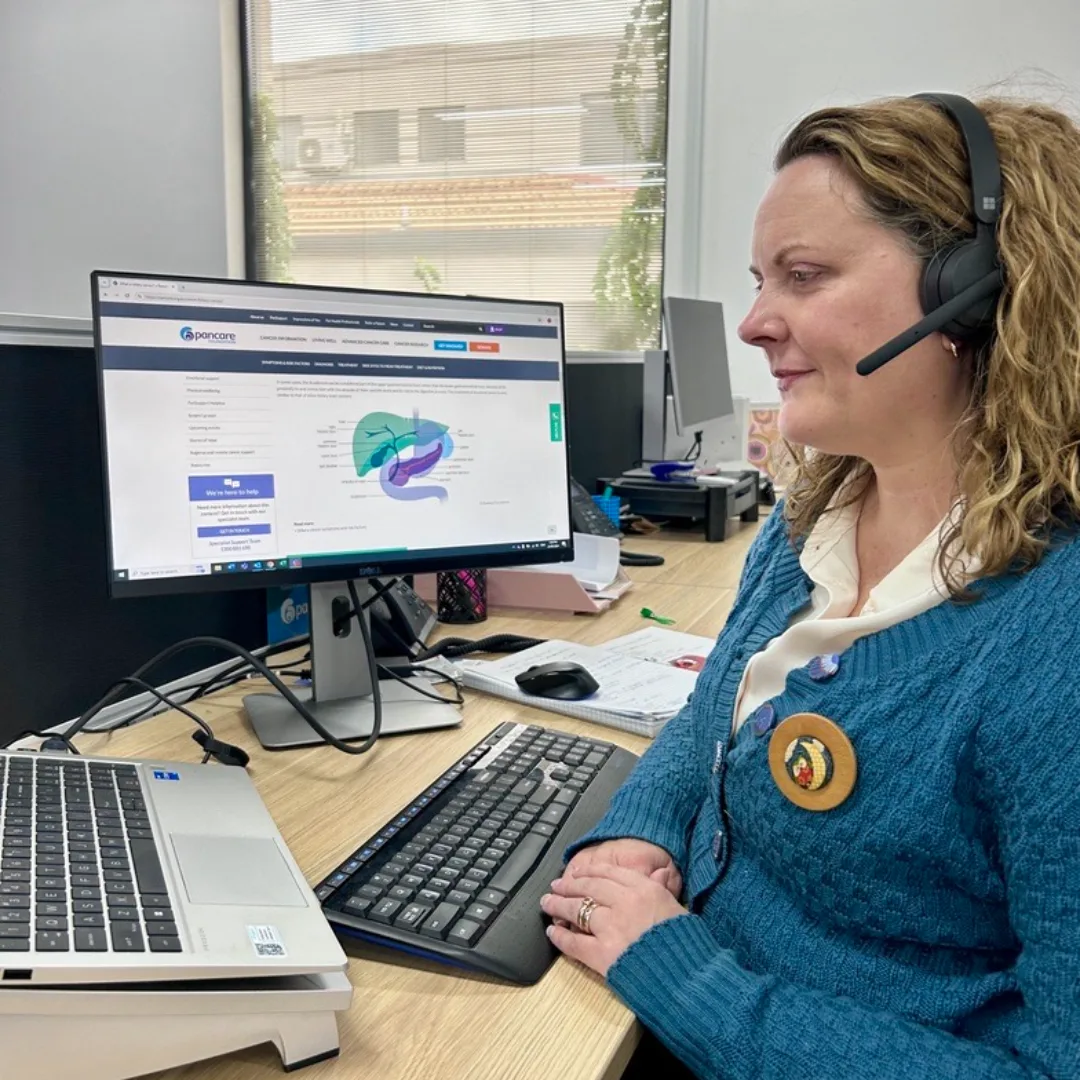Care at the end of life
End-of-life palliative care is provided in the last few weeks of life. Your needs, and the needs of your loved ones, will be higher at this time.
End-of-life care is provided by a specialised palliative care team. They work closely with you and your loved ones to ensure all your needs are met and to address any issues as they arise.
What does end-of-life care involve?
The goal of end-of-life care is comfort.
You may receive medicines to help you achieve this. This might include pain relief, medicines to reduce breathlessness, medicines to reduce restlessness or agitation, and medicines to reduce nausea.
These medicines are often given by injection under the skin rather than as tablets, because swallowing becomes difficult. Sometimes medicines are given by a small pump (syringe driver) that delivers a constant dose.
The palliative care team will explain what medicines are being used and why. The goal is always comfort. These medicines help you feel peaceful and pain-free in your final days.
Cultural, spiritual or religious practices
Different cultures and religions have different practices around death and dying. These might include specific prayers or rituals, how the body should be handled, how long before burial or cremation should happen, and who should be present.
Tell your healthcare team about any cultural or religious practices that are important to you. They will respect and accommodate these as much as possible.
If you have questions or concerns
Your palliative care team is there to support you. Don't hesitate to ask questions about what's happening, what to expect, how to keep someone comfortable, or what to do when someone dies. There are no silly questions - if you're wondering about something, ask.
The team can also provide emotional support for you and your family during this difficult time.
Want to talk?
Speak to an upper GI cancer nurse or counsellor, we're here to provide you with the support you need. Support available to anyone impacted by upper gastrointestinal (GI) cancer. Monday to Friday, 9am-5pm.
